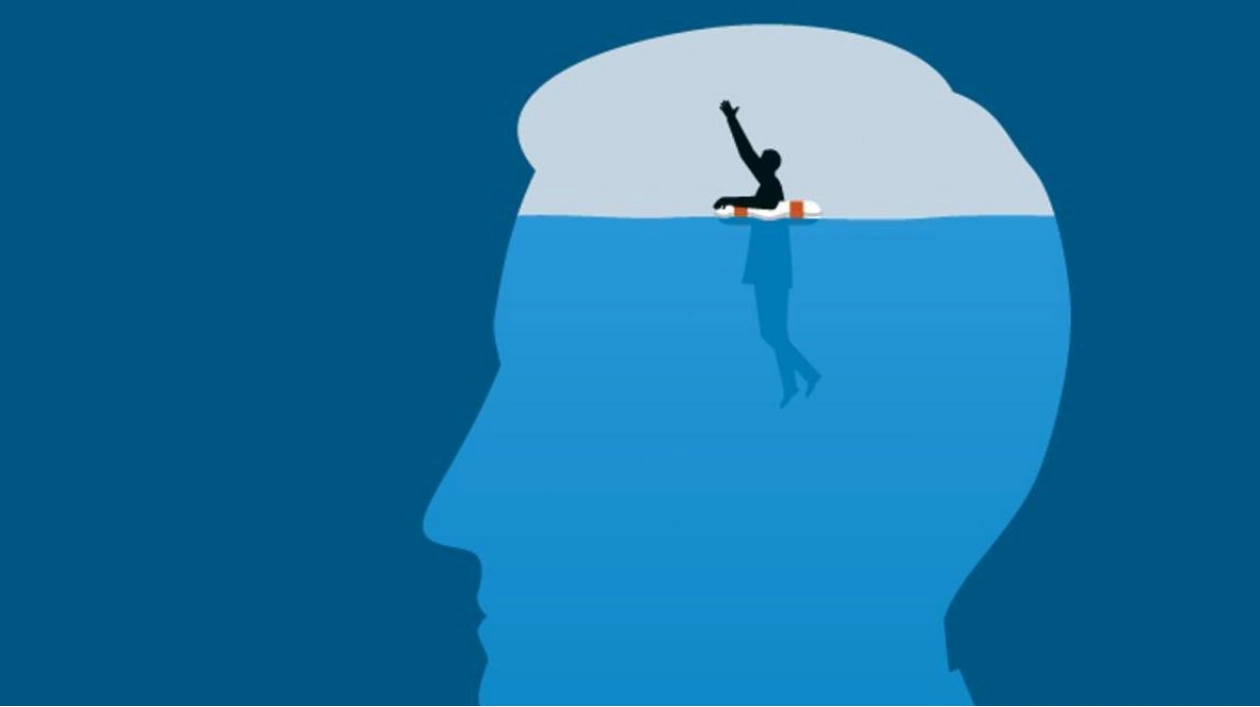Robin Williams, Kurt Cobain, Stephen 'Twitch' Boss, Anthony Bourdain, Lee Sun-kyun—these names are familiar, yet what else do they share beyond their talent and fame? Each of their lives ended in apparent suicide. These tragic losses underscore the urgent need to address men’s mental health and raise awareness.
The Pressure to Push Through: Many men feel that expressing emotions undermines their masculinity, making them appear less strong or confident. CDC data reveals that men are about four times more likely to die by suicide than women, highlighting the critical need for a shift in perspective. From a young age, men are often taught to suppress pain and view seeking help as a sign of weakness. Those I see in clinic often come reluctantly at first, but the benefits of support are undeniable.
Despite growing awareness, the stigma around asking for help persists. Take John, 42, a father of three, who experienced severe stress and anxiety after his father’s sudden death. He managed the estate and supported his grieving family but hesitated to seek help, fearing it would make him appear 'soft.' 'I kept telling myself I’d handle it on my own,' John admits. 'Admitting I was struggling felt like I’d no longer be the strong person everyone needed.' Months of sleepless nights and panic attacks strained his marriage and family life, eventually forcing him to seek help.
John’s story is not unique. Many men avoid addressing emotional pain until it severely impacts them and their families. Ignoring help can lead to increased risk of mental health deterioration, higher incidence of substance abuse, relationship strain, work and financial stress, and physical health risks. Practical steps towards support include prioritizing mental health, adopting healthier coping mechanisms, strengthening social connections, managing work and financial stress, and staying physically healthy.
Women play a crucial role in supporting men by creating a safe space, encouraging honest conversations, and offering empathy. Redefining strength means recognizing challenges and finding support to maintain control over one’s life. Seeking help is a proactive step, akin to regular maintenance for a car. Start small—talk to a trusted friend or family member. Finding a mentor or seeking professional help can be transformative.
Educate yourself on mental and physical health. Listen to advocates like Michael Phelps and Trevor Noah, who remind us that even the strongest benefit from support and openness. Remember, your well-being impacts family, friends, and colleagues. Embrace self-care as the new flex. Asking for help affirms your humanity and empowers you to live your best life.
Source link: https://www.khaleejtimes.com






